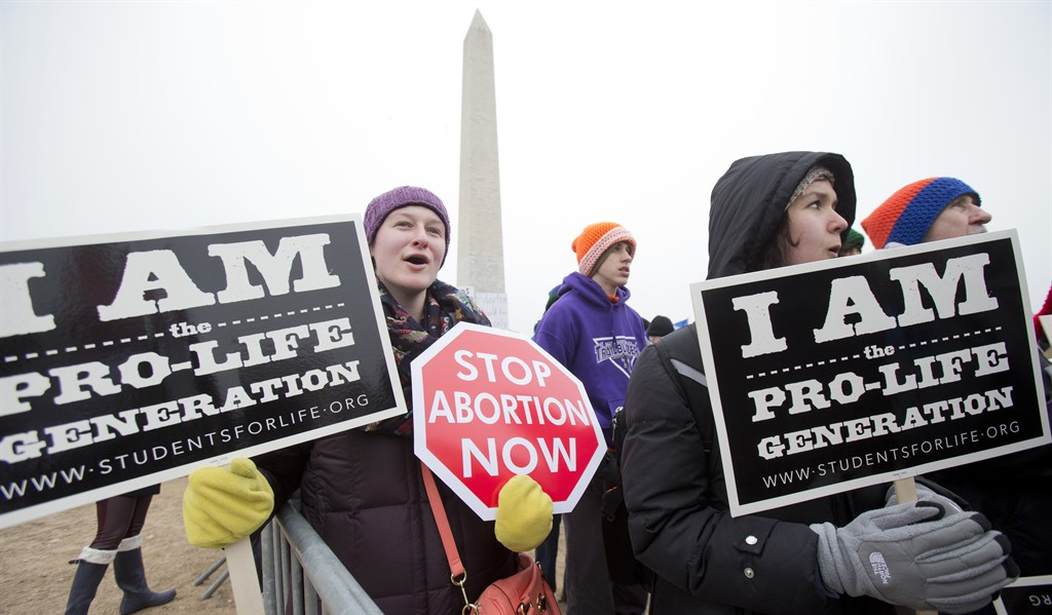On Thursday, Mississippi Attorney General Lynn Fitch filed a brief urging the Supreme Court of the United States to overturn both Roe v. Wade and Planned Parenthood v. Casey, two landmark Supreme Court decisions in 1973 and 1992, respectively, in a push for the Court to allow a ban on most abortion after 15 weeks in Mississippi.
The brief, written for Dobbs v. Jackson Women’s Health Organization, is published on the Supreme Court’s website. The brief pertains specifically to Mississippi’s Gestational Age Act first introduced in 2018. The Gestational Age Act would ban abortion statewide in Mississippi in most circumstances after 15 weeks. The exceptions to this law are severe fetal abnormality or medical emergencies. The law was struck down by two lower courts, as it conflicts with abortion legislation like Roe and Casey, previously enacted and upheld by the Supreme Court.
“Roe and Casey are egregiously wrong. The conclusion that abortion is a constitutional right has no basis in text, structure, history, or tradition,” Fitch said in the brief. “So the question becomes whether this Court should overrule those decisions. It should.”
Fitch explained how abortion laws put in place by Roe and Casey are not only wrong, but outdated, as services such as adoption are accessible on a wide scale and contraception is not only accessible, but effective. Additionally, Fitch noted how scientific developments show how an unborn life takes on the human form months before viability.
“Today, adoption is accessible and on a wide scale women attain both professional success and a rich family life, contraceptives are more available and effective, and scientific advances show that an unborn child has taken on the human form and features months before viability,” Fitch said in the brief. “States should be able to act on those developments. But Roe and Casey shackle States to a view of the facts that is decades out of date.”
Recommended
Furthermore, Fitch defended the constitutionality of the Gestational Age Act, citing that the Constitution does not address abortion and the precedents set by Roe and Casey are not supported by it.
“The Constitution does not protect a right to abortion. The Constitution’s text says nothing about abortion. Nothing in the Constitution’s structure implies a right to abortion or prohibits States from restricting it,” Fitch said in the brief. “Casey repeats Roe’s flaws by failing to tie a right to abortion to anything in the Constitution. And abortion is fundamentally different from any right this Court has ever endorsed. No other right involves, as abortion does, ‘the purposeful termination of a potential life.’”
The Supreme Court agreed in May to hear the case, which could occur sometime during the fall this year. “The Act reasonably furthers valid interests in protecting unborn life, women’s health, and the medical profession’s integrity,” Fitch said in the brief. With the most pro-life Supreme Court in years, it will be interesting to see how Dobbs unfolds.

























Join the conversation as a VIP Member